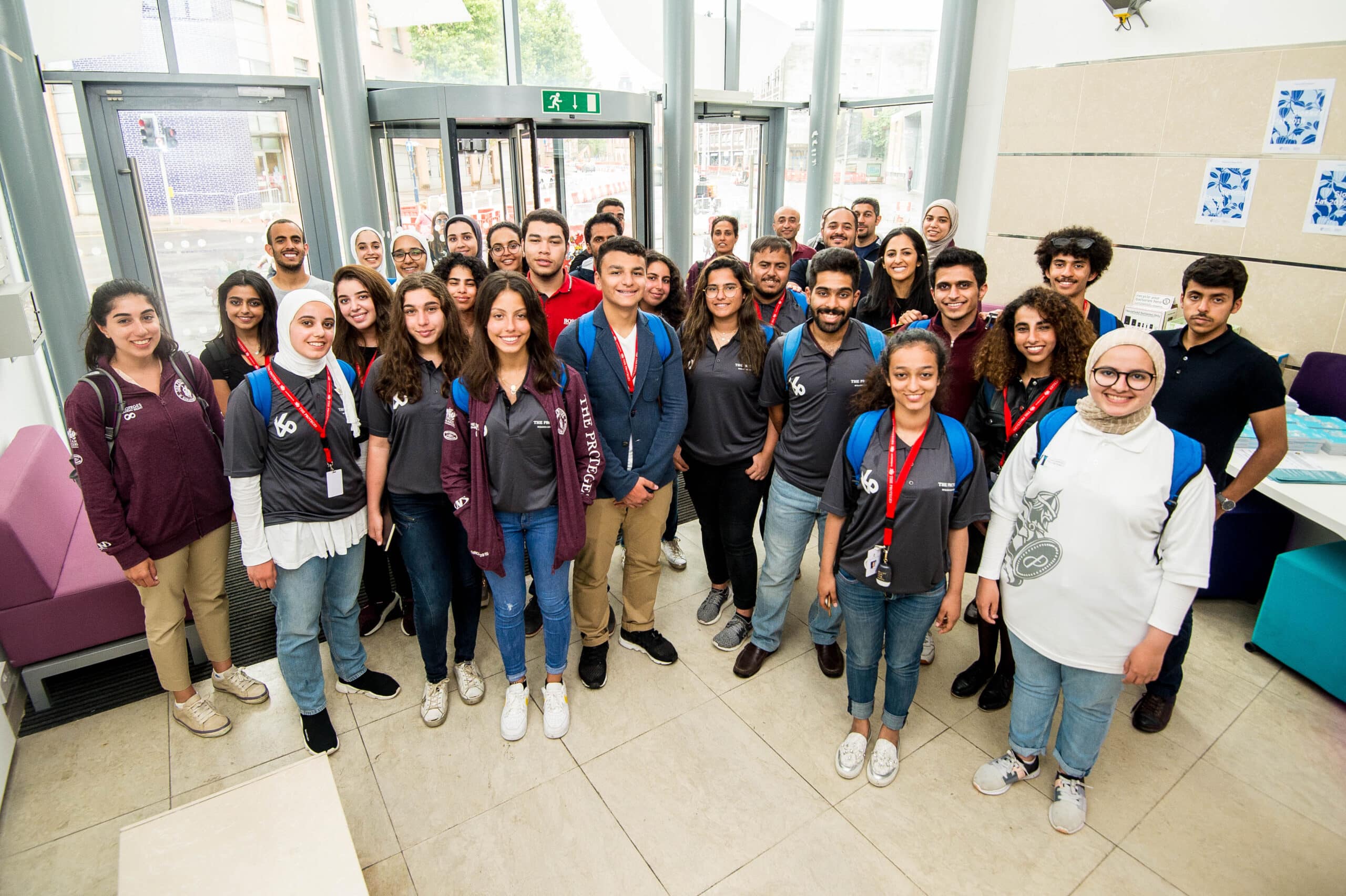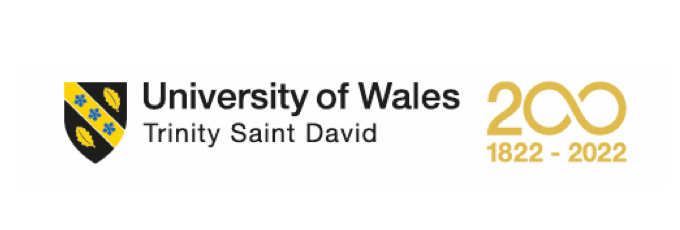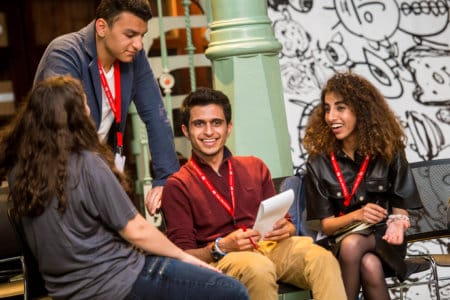When Ma Zhiyuan from China first began looking for a quality English language qualification abroad, affordability mattered, and so did tranquillity. She knew that to succeed, she needed to choose an accessible, welcoming university sheltered from the hustle and bustle of city life. The University of Wales Trinity Saint David’s (UWTSD) Lampeter campus was a breathtaking sight that aptly fit the bill. It was home to a dynamic Teaching English to Speakers of Other Languages (TESOL) (MA).
This qualification was designed for local and international students keen on pursuing a career in teaching English to non-native speakers of the language or preparing for a Professional Doctorate in English Language. It is specifically aimed at qualified teachers working in TESOL at either primary, secondary or tertiary levels in different educational contexts around the world. This programme equips them with the knowledge and competencies needed to cater to learners of various other age groups and educational needs.
The programme gets students career-ready from the start. Part 1 of the programme introduces students to key issues in TESOL while covering English Language Teacher Education and Second Language Acquisition theory. At the same time, students are supported in designing and executing a small-scale research project on a TESOL topic of their choice. Modules consist of online materials and taught components aimed at building and supporting research skills learners need to succeed.
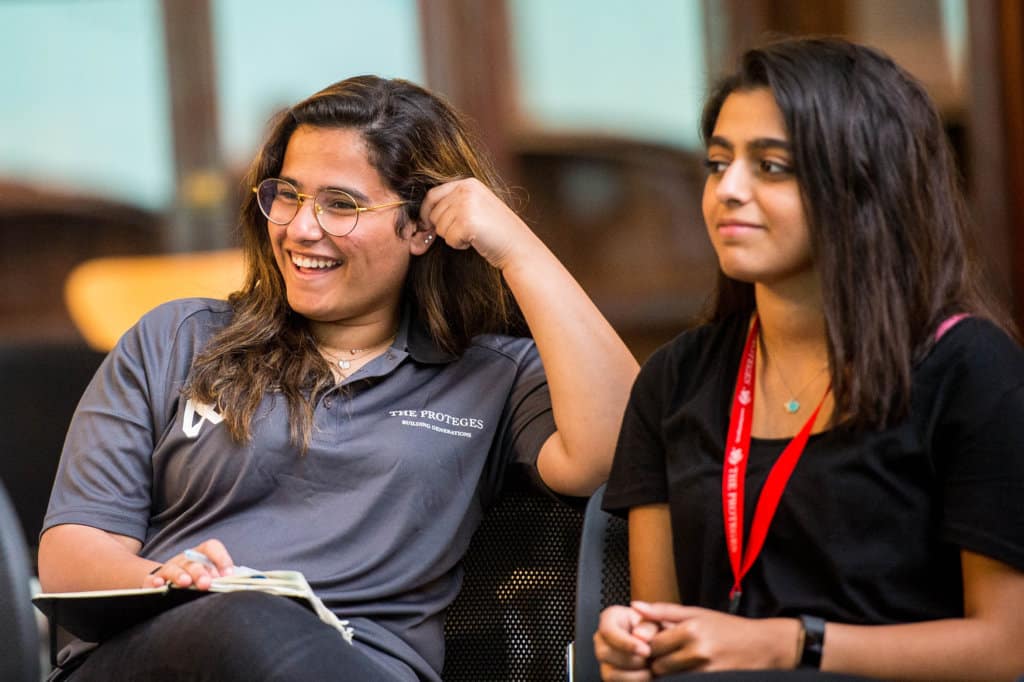
The MA TESOL equips students with the different skills and knowledge needed to become quality English teachers. Source: University of Wales Trinity Saint David
Lectures cover Methods and Approaches in the Study of Language and Literature, English Language Teacher Education, Current Theories of Second Language Acquisition, Key Issues in Linguistics and Teaching EFL.
The English Language Teacher Education module gives students the opportunity to complete an experiential placement in a school, college or within UWTSD. In the process, they gain first-hand experience in applying theoretical frameworks to real-world English language classrooms.
Zhiyuan Ma’s personal favourite is Teaching EFL. “This class gave me my first opportunity to practise teaching online,” she says. “I’m certain I will use all the skills I gained during this class to excel in my future teaching opportunities.”
All courses played a pivotal role in preparing her for the next stage of her programme, especially the one which gave her the chance to write an 8,000-word assignment. “It was exhausting, yet enriching as I got to learn from a lot from different perspectives.”
Then comes Part 2, when students are expected to write their 20,000-word independent Research Dissertation under the supervision of an experienced, research-active academic who will support tutees to cover key areas of research methods — from writing the research proposal, carrying out the project and writing the actual dissertation.
All educators here support a wide range of research themes and methodological approaches, including classroom-based action research, bi- and multilingualism, language development in early childhood, translation studies, intercultural communication and language policy.
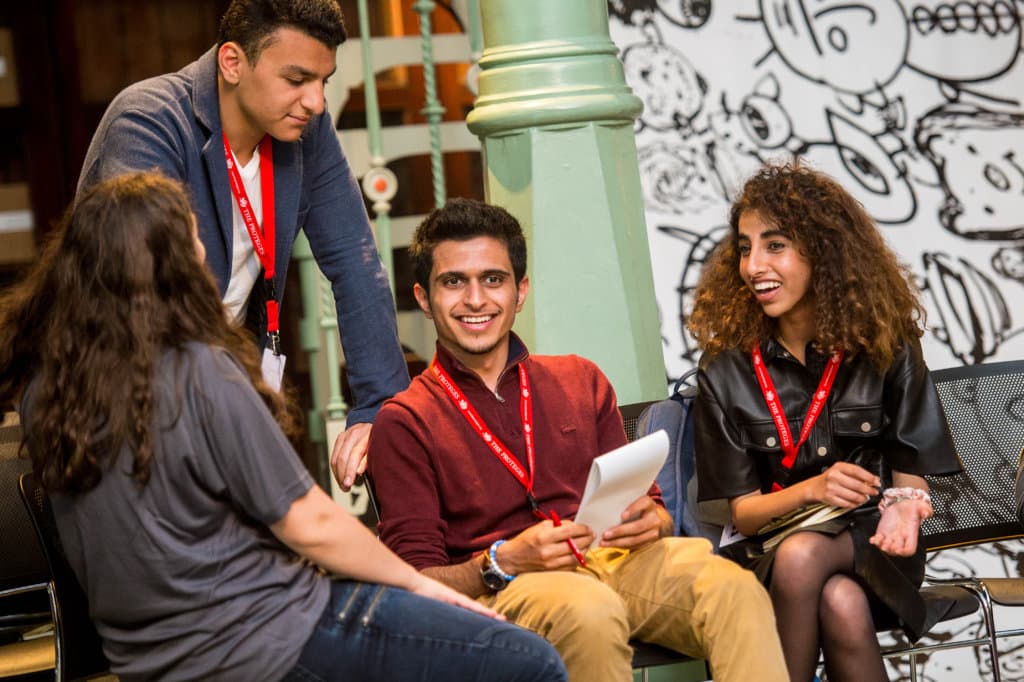
The MA TESOL’s emphasis on applied research skills offers successful graduates seamless progression into further research at doctoral level. Source: University of Wales Trinity Saint David
Plenty of research-related work is conducted in UWTSD’s Institute of Education and Humanities, which is the centre of an extensive network of schools and colleges. This space provides students with an excellent environment for language teaching research.
Soft skills are easily gained through the MA TESOL, too. Thanks to the programme, Zhiyuan Ma mastered the art of communicating effectively. “It took me several months to understand and communicate with my peers confidently, but now I can,” she enthuses. “My spoken English has certainly improved after spending the summer holidays with my friends. I can now read essays and more complicated academic articles without using translation tools.”
Meanwhile, Khaliun developed resilience. “I am willing to take on and go through whatever it takes to achieve my degree, and I have a strong desire to conquer all obstacles,” says the student from Mongolia. She credits her newfound toughness to the warm UWTSD welcome she received.
After all, it wasn’t long until the international student found a second home on the Lampeter campus, which she “fell in love with” right away. “The air was clean, and birds were chirping,” she reminisces. She began her first day here solo with some light shopping before eventually bumping into a classmate who offered to show her around without hesitance. Then, Khaliun met up with Gruff Owen, a senior international student support officer.
“We drank coffee, and he assisted me in organising my Biometric Residence Permit the next day. It saved me a lot of time and effort in getting support,” she says. “It’s safe to say my first day was both busy and exciting.”
So what are you waiting for? Click here to apply, and you’ll be well on your way to experiencing UWTSD’s vibrant postgraduate scene for yourself.
Follow the University of Wales Trinity Saint David on Facebook, Instagram, Twitter, and YouTube.

